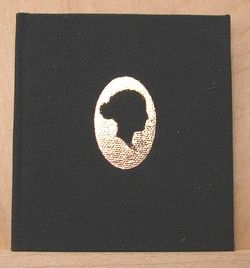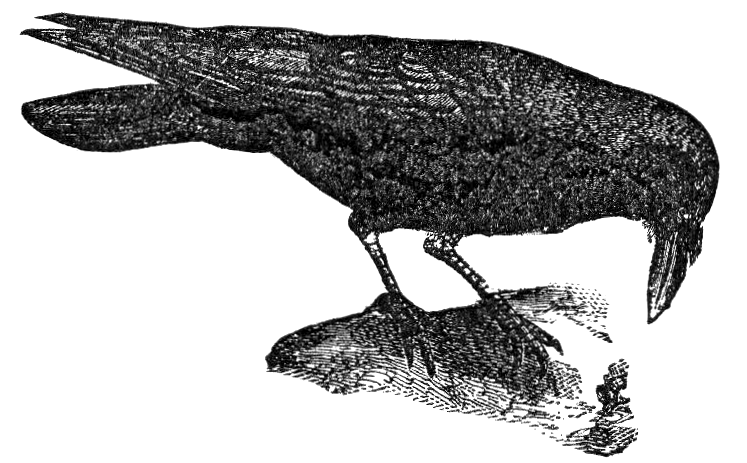 |
| from Disney's "Sleeping Beauty" |
- Why the contrivance of separation from Thornfield and Rochester (I think this is a pretty big questions, and I use "contrivance" here for immediate lack of a better word and happen to disapprove of its assertive negative connotation), not the absence, but what/who filled that absence? Did it do anything more than provide space for the crime of burning down Thornfield? I think it did, and support Bronte's decision. Thoughts?
- Why blindness, of all available handicaps to impose on the poor man?
- Jane the skylark. More freaking birds! (And what of the crows/rooks last chapter?)
- Despite what Jane says in response, how is Rochester indeed like the lightning-struck chestnut?
- "I love you better now, when I can really be useful to you, than I did in your state of proud independence, when you disdained every part but that of the giver and protector." This seems unjust! Is there a means for his love to increase by the new engagement?
- "Never mind fine clothes and jewels, now: all that is not worth a fillip." Has Rochester changed, more than immediately so by his injuries? Were the jewelry and dresses so important to him at the first go-round? (Answers here, I think, can easily build from those of the previous question.)
- Both suitors make assertions regarding God's will for Jane. Who, if either, is right?
- After the thoughts/discussion of supernatural communication: "I kept these things then, and pondered them in my heart." Quite a juxtaposition!
- What of the conclusion and all those neatly tied loose ends?
And that's it. The book is done. Final thoughts?
For an excellent and succinct review of Jane Eyre,
please visit James Smith's Unmoderated Caucus, here.
















